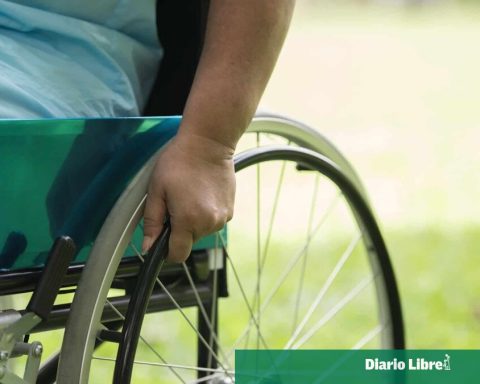The people who had coronavirus infection face an increased risk of neurological and psychiatric conditions such as brain fog, psychosis, seizures and dementia for up to two years after illness, according to a study led by the University of Oxford.
A team made up of researchers from this university and the Center for Biomedical Health Research of the National Institute for Health Research (NIHR), both in the United Kingdom, reached these results by analyzing the risks of 14 different disorders in 1.25 million patients two years after having passed through Covid, most of them in the United States, according to the Spanish scientific news agency SINC.
They were then compared to a similar group of people who had suffered from a different respiratory infection.
To do this, they used data from the US-based electronic health record network TriNetX.
The results, published in The Lancet Psychiatry, indicate that up to two years after suffering from coronavirus, diagnoses of brain fog, dementia and seizures are more frequent than if they had experienced another respiratory infection.
Also there is an increased risk of anxiety and depression in adults, however, this clears up within two months of infection.
Children are more likely to be diagnosed with some conditions such as seizures and psychotic disorders, but the probability of most diagnoses after the Covid-19 coronavirus was lower than in adults.
According to the study, the Delta variant is associated with more disorders than the Alpha, while the Omicron is associated with neurological and psychiatric risks similar to those of the Delta.
Since the pandemic began, there is evidence that those who had Covid could be at increased risk of neurological and psychiatric conditions.
Earlier observational research, conducted by the same group, showed that those who recovered from Covid-19 are at increased risk of various neurological and mental health conditions in the first six months after infection.
However, until now, there has been no large-scale data on the risks of these diagnoses over a long period of time.
The new research is the first on a large scale to look at the risk of neurological and mental health conditions after Covid-19 in children and assessed how the risks change with the emergence of new variants.
The study’s lead author, Paul Harrison, told a news conference thate “The results have important implications for patients and health services, as they suggest that new cases of neurological conditions related to coronavirus infection are likely to occur for a considerable time after the pandemic has subsided”.


















